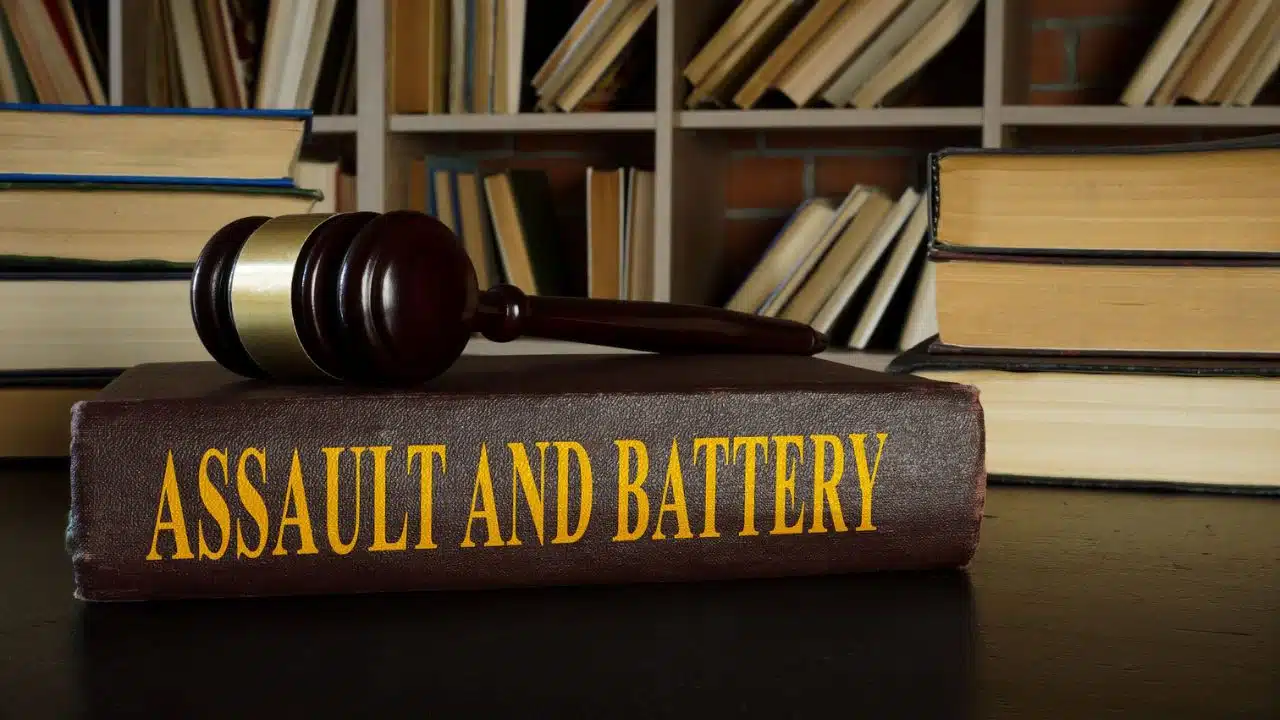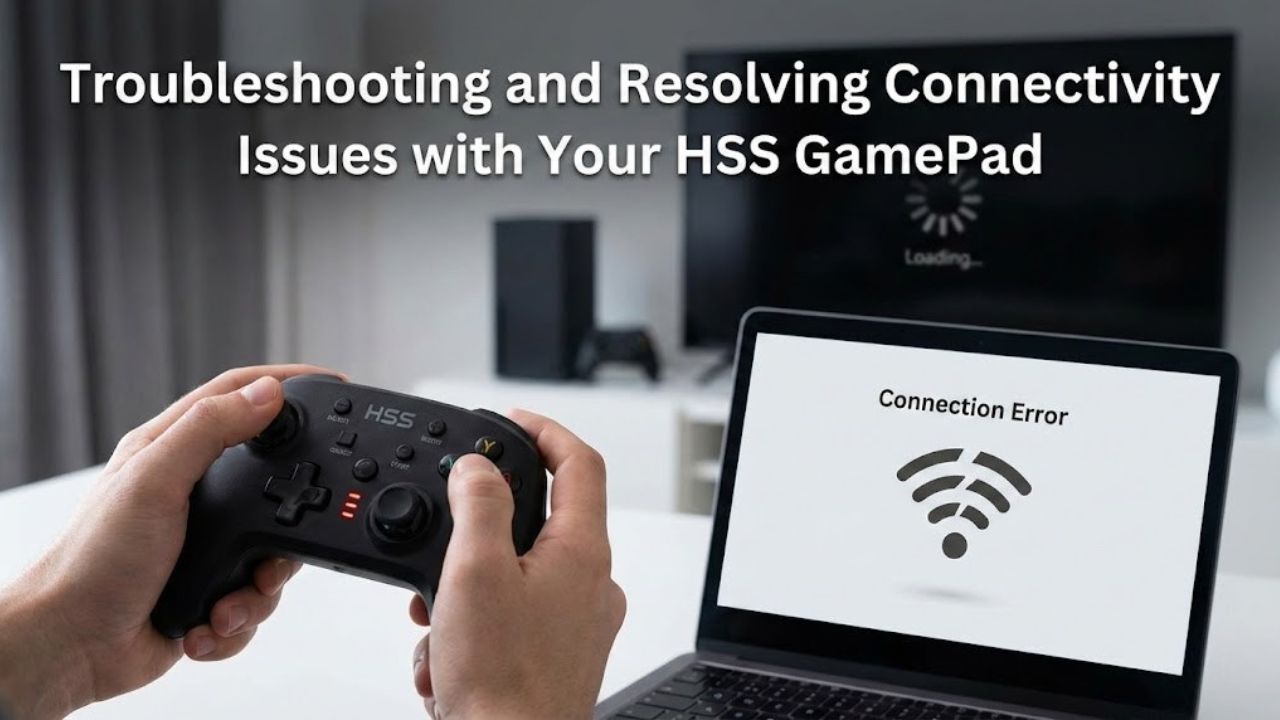Assault and battery charges are serious criminal offenses that can result in severe consequences, including fines, probation, and even imprisonment. These charges can arise from various situations, from heated arguments to physical altercations. If you face such allegations, it’s crucial to understand your legal rights and the strategies available to mount a strong defense.
Read on to learn how to defend yourself against assault and battery charges.
Understanding Assault and Battery Charges
Before diving into defense strategies, it’s essential to understand what constitutes assault and battery under the law. Assault generally refers to the intentional act of causing someone to fear imminent bodily harm, even if no physical contact occurs. Battery, on the other hand, involves actual physical contact or physical harm inflicted on another person without their consent. In some jurisdictions, these criminal charges may be combined, while in others, they’re treated as separate offenses.
Furthermore, the severity of the charges can vary depending on factors such as the extent of the bodily injury, the use of a deadly weapon, and the relationship between the parties involved. For example, domestic violence cases often carry harsher penalties. Understanding the specific elements of the charges against you can help build a robust defense.
Lastly, one of the most important steps in defending against these charges is to hire the best criminal lawyer in Los Angeles or similar locations to ensure your case is handled with expertise and precision.
Common Defense Strategies
When facing assault and battery charges, several legal defense strategies can be employed, depending on the circumstances of the case. Below are some of the most common approaches:
Self-Defense
One of the most frequently used defenses in assault and battery cases is self-defense. This argument asserts that the accused acted to protect themselves from imminent harm. To successfully claim self-defense, it must be demonstrated that the force used was reasonable and proportional to the threat. Evidence such as witness testimony, surveillance footage, or injuries sustained by the defendant can support this defense.
Lack of Intent
Assault and battery charges typically require proof of intent. If it can be shown that the accused didn’t intend to cause harm or fear, the charges may be dismissed. For example, this defense may be applicable if the incident was accidental or resulted from a misunderstanding. Demonstrating a lack of intent often involves presenting evidence contradicting the prosecution’s narrative.
False Allegations
Unfortunately, false accusations of assault and battery aren’t uncommon. These may arise from personal vendettas, misunderstandings, or attempts to gain leverage in unrelated disputes. An experienced attorney can investigate the accuser’s credibility, uncover inconsistencies in their story, and present evidence that undermines their claims.
Consent
In some cases, the alleged victim may have consented to the physical contact. This defense is typically used in situations involving sports, consensual fights, or other activities where physical contact is expected. However, proving consent can be challenging and typically requires strong evidence, such as witness testimony or prior agreements between the parties.
Alibi
An alibi defense involves proving that the accused wasn’t present at the scene of the alleged incident when it occurred. This can be established through evidence such as surveillance footage, phone records, or testimony from reliable witnesses. An effective alibi can completely exonerate the defendant.
The Importance of Legal Representation
Navigating assault and battery charges without legal representation is highly inadvisable. The legal system is complex, and the consequences of a conviction can be life-altering. A skilled criminal defense lawyer can analyze the facts of the case, identify weaknesses in the prosecution’s argument, and develop a tailored defense strategy. They understand the nuances of criminal law, answer releavant legal questions, and have the resources to build a strong defense and avoid potential penalties, including jail time.
Additionally, a reliable criminal defense attorney can negotiate with prosecutors to reduce charges or seek alternative resolutions, such as diversion programs or plea bargains.
Gathering Evidence
A successful defense typically hinges on the quality and quantity of evidence presented. This may include:
- Witness Testimony: Statements from individuals who observed the incident can provide valuable insights and corroborate the defendant’s events.
- Surveillance Footage: Video recordings from security cameras or smartphones can offer objective evidence of what transpired.
- Medical Records: Documentation of injuries sustained by either party can help establish the extent of harm and whether it aligns with the criminal allegations.
- Communication Records: Text messages, emails, or social media interactions may reveal the relationship between the parties and provide context for the incident.
With these pieces of evidence in place, you can effectively defend yourself against charges of assault and battery.
Preparing for Court
If the case goes to trial, thorough preparation is essential. This includes:
- Reviewing Evidence: Both the defense and prosecution will present evidence, and it’s crucial to anticipate and counter the opposing side’s arguments.
- Cross-Examining Witnesses: Effective cross-examination can expose inconsistencies or biases in witness testimony.
- Presenting a Strong Narrative: A compelling defense narrative can persuade the jury or judge of the defendant’s innocence or justify their actions.
By following these tips, you can ensure a smooth and stress-free criminal justice process for your assault and battery charges and avoid potential consequences, including having a criminal record.
Conclusion
Facing assault and battery charges is a daunting experience, but with the right legal strategy, it is possible to achieve a favorable outcome. Understanding the charges, exploring defense options, and securing skilled legal representation are critical steps. By taking these steps, you can mount a robust defense and work toward resolving the case in your favor.






































